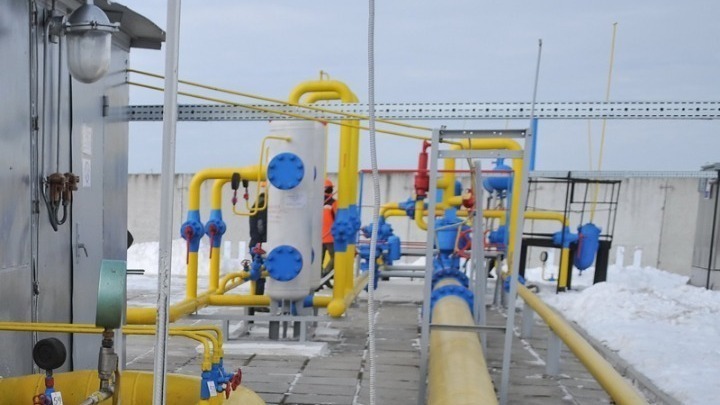The Crete Aegean hydrogen valley project is in the planning phase and must be followed by licensing, which is one of the challenges of the project as it is the first investment of the category to be developed in Greece, on a commercial scale (the target is the production of 500 tons of hydrogen per year).
The design envisages the disposal of hydrogen in different uses, namely transport (hydrogen bus traffic), shipping and electricity generation.
The green hydrogen will be produced using exclusively renewable energy sources which will come in the first phase from a 3 megawatt photovoltaic park that Eunice is going to develop. However, as the vice president of Eunice Giorgos Pehlivanoglou pointed out, the further development of green hydrogen production presupposes the securing of abundant and cheap energy from renewable energy sources by connecting the hydrogen project with two other initiatives of the group, for the electrical interconnection of Crete with Egypt and the construction of units RES in the islands of the Aegean. Mr. Pehlivanoglou argued that Egypt's project is feasible and added that it has not been abandoned.
Melissa Verykios, representative of the Clean hydrogen partnership in which the European Commission participates, said that with the two hydrogen valleys planned in our country, Greece gains extroversion in new technologies, an advantageous position in Europe and the possibility of exporting energy to Northern Europe.















